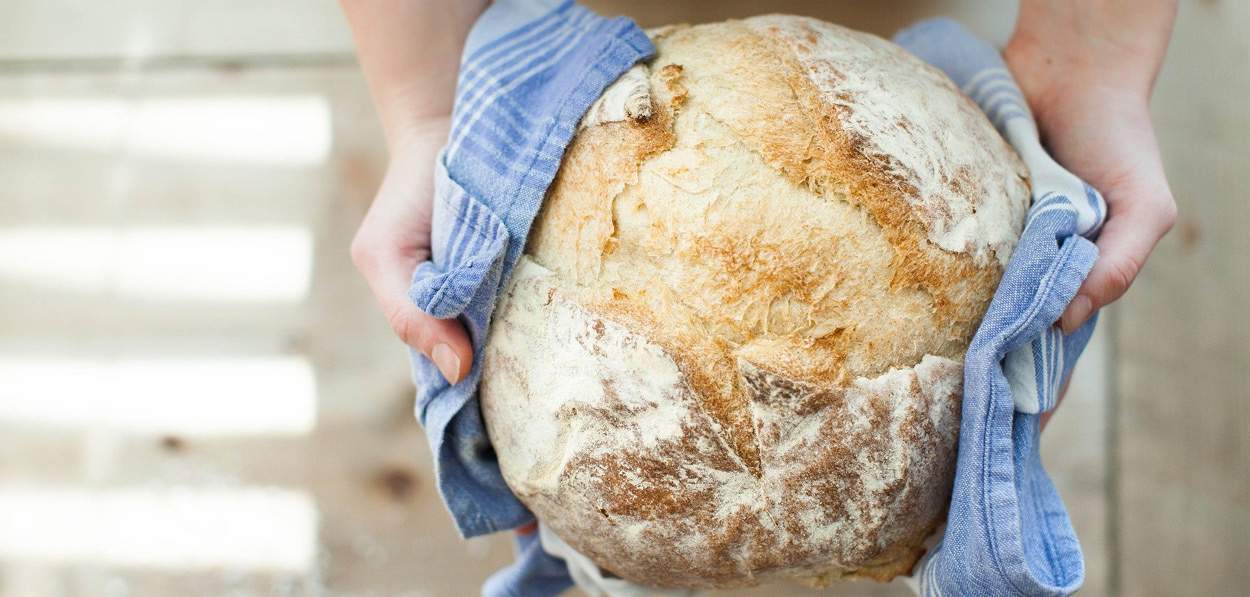Food processing is a large complex sector of the global food industry that is dominated by large multi-national corporations. And all food companies in the United States, whether a small company or a large company, must adhere to a dizzying variety of food safety and labeling laws at both the Federal and state level. Making and selling food requires ever-increasing capital and resources.
Cottage foods are foods generally prepared at home, by individuals, that fall into the “low-risk” food category. The FDA defines what foods are low-risk versus high-risk but generally speaking foods that can spoil or require refrigeration are considered high-risk and those that do not tend to pose a risk of food-borne illness are considered low-risk. High-risk foods are foods like meat, dairy, and eggs whereas low-risk foods include breads, jams, dried and pickled items and certain baked goods.
All over the country people are creating great cookie recipes or jam recipes that they would like to build a small business around. Can these entrepreneurs simply start producing their homemade food item and sell it to their friends and neighbors?
The truth is that before the creation of cottage food laws the answer was a strict “no”.
The good news is that over recent years there’s been increase in consumer’s interested in locally produced cottage foods. Nearly all states have changed their laws and now allow for at least some cottage food production and sales. The only state that has not developed cottage food laws is New Jersey.
Absent these cottage food laws the grandmother selling her homemade brownies at the local farmer’s market would be subject to the same laws as Sara Lee Company. Most commercial food production laws require that food products be manufactured in certified commercial kitchens. To become certified, a kitchen must meet stringent food safety requirements, such as having surfaces made of stainless steel and separate hand and dish-washing sinks. For the most part these laws do not allow a home kitchen to be certified as a commercial kitchen. Building a commercial kitchen is too costly for many small-scale producers, as is paying for space in a shared commercial kitchen. Without cottage food laws, small producers would be forced out of the marketplace.
The truth is that these laws vary quite a bit by state. In North Dakota and Wyoming the laws are liberal and give a great deal of freedom to small producers trying to sell their cottage food. On teh other end of the scale you will find legislation like that in Washington D.C. where it’s nearly impossible to get a license to sell cottage foods. And in New Jersey it remains illegal.
For anyone who is interested in selling their homemade food items at a farmer’s market or out of the trunk of a car there’s still a lot of work that they’ll have to do. Cottage food laws make getting into the industry a bit easier but they are still laws that must be understood and followed. The Food Law and Policy Clinic at Harvard University produced a great primer report that provides a good starting point to understanding cottage foods in the United States – you can download that report here.

